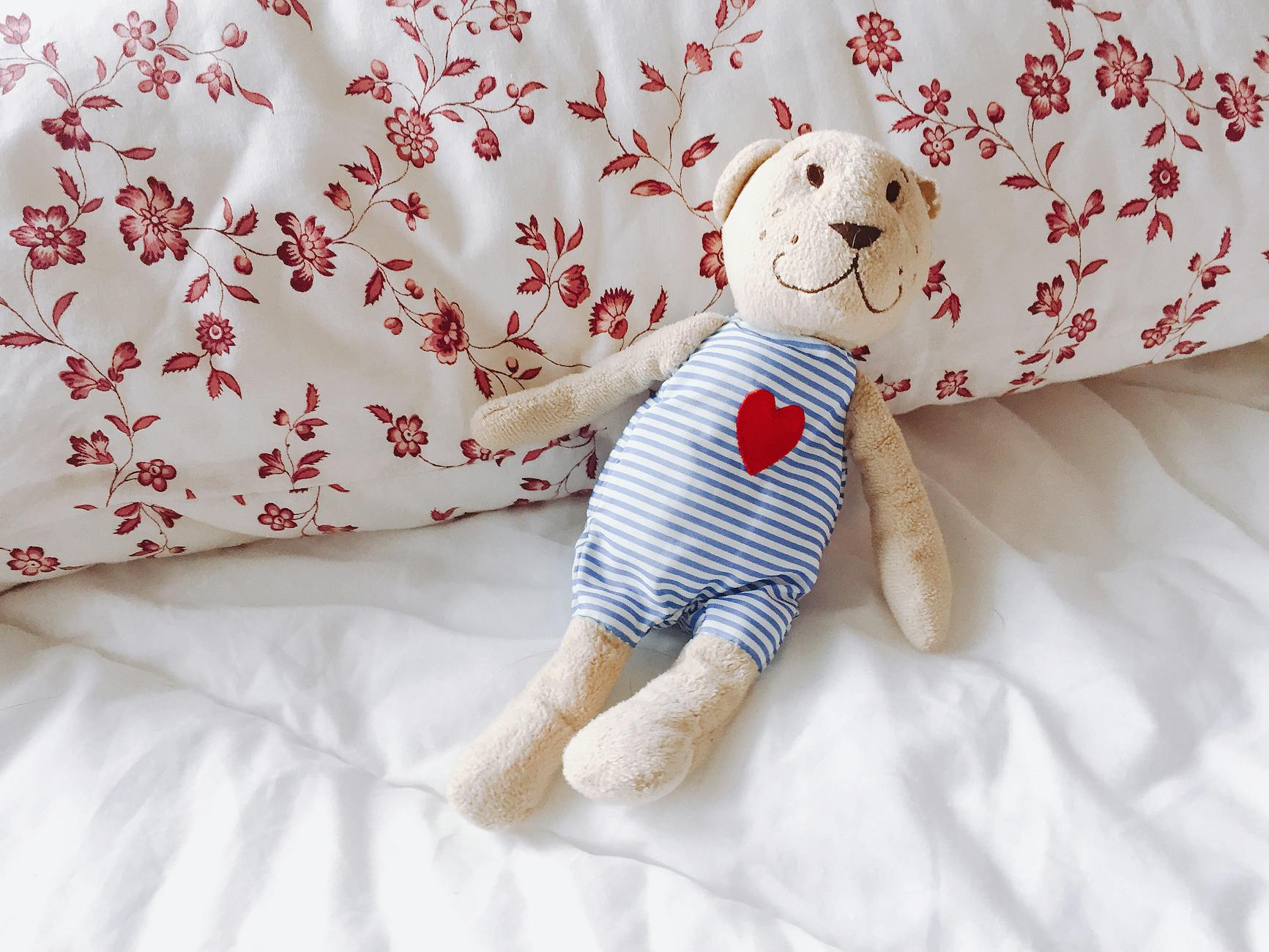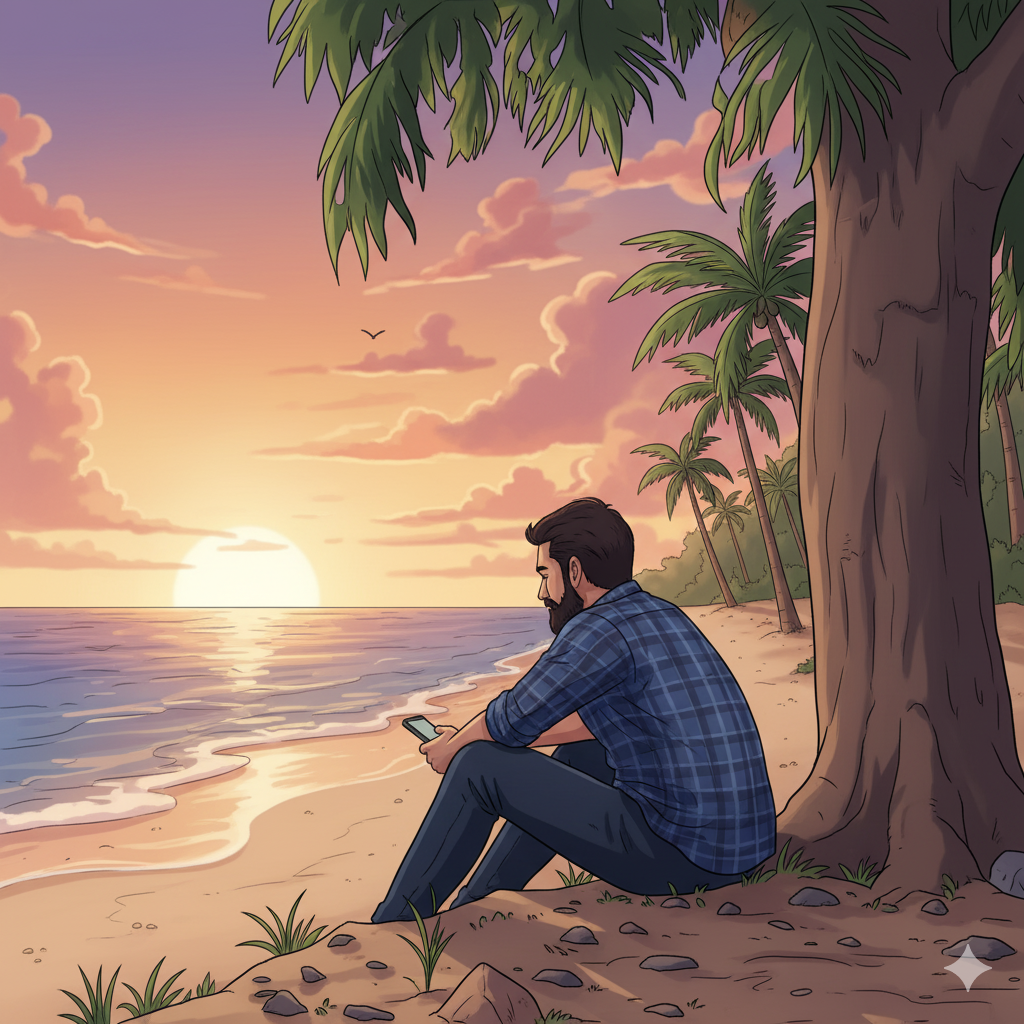Bartholomew Buttons, a man whose name echoed the peculiar roundness of his spectacles and the gentle curve of his perpetually surprised eyebrows, was the Custodian. Not a custodian in the conventional sense, mind you, not one who swept floors and emptied bins. No, Bartholomew was the Custodian of the Room Where All Lost and Found Things Eventually End Up. It wasn’t a place one could find on a map, or stumble upon during a leisurely stroll. It existed in the liminal spaces between realities, a nexus point for misplaced mittens and forgotten dreams, errant socks and mislaid ambitions. The Room, as Bartholomew simply called it, was vast and ever-shifting, its architecture a chaotic symphony of forgotten trinkets and discarded treasures. One moment, he might be navigating a towering mountain range of single earrings, the next, wading through a whispering forest of lost library books.
Bartholomew’s arrival at this unique vocation was as accidental as the nature of the Room itself. He’d been a perfectly ordinary librarian, content with the Dewey Decimal System and the hushed reverence of his literary domain. One particularly blustery Tuesday, whilst searching for a misplaced edition of “Moby Dick,” he’d stumbled through a shimmering portal behind a bookshelf and found himself tumbling into the Room. A booming voice, seemingly emanating from the very air itself, proclaimed him Custodian, and before he could even protest the absurdity of it all, he was handed a small, tarnished silver key, inexplicably warm to the touch. This key, he soon discovered, unlocked not doors, but memories, the stories embedded within each lost object. It was a heavy burden, yet oddly fulfilling.
His days were spent cataloging the infinite, sorting through the detritus of a thousand lives. He’d learned to discern the whisper of a heartbroken teenager in a discarded locket from the joyous giggle trapped within a child’s lost teddy bear. He’d found wedding rings inscribed with vows now broken, and diaries filled with secrets that would never be shared. Each item held a piece of someone’s life, a fragment of their journey. Bartholomew treated each one with reverence, recognizing the inherent value of even the most seemingly insignificant object. He organized them not by category, but by the emotional resonance they carried. There was the Shelf of Regret, piled high with unread letters and unfinished manuscripts, and the Corner of Joy, overflowing with children’s toys and faded photographs of smiling faces. He even had a small drawer dedicated to Lost Opportunities, filled with crumpled lottery tickets and half-written business plans.
One day, amongst a tumbleweed of misplaced scarves, Bartholomew found a small, intricately carved wooden bird. It fit perfectly in the palm of his hand, its wings outstretched as if in mid-flight. The key, when touched to its smooth surface, revealed a vivid memory: a young boy, no older than seven, carving the bird with his grandfather in a sun-drenched workshop. The boy’s laughter, the scent of sawdust, the warmth of the grandfather’s guiding hand – all flooded Bartholomew’s senses. He felt a pang of longing, a wistful echo of a connection he’d never known. He knew he had to find the boy, to return this tiny piece of his past.
The Room, however, operated on its own peculiar logic. Returning an item wasn’t as simple as walking back through the shimmering portal. It required a delicate balancing act, a careful manipulation of the Room’s capricious nature. Bartholomew spent weeks, months even, studying the patterns of the Room, the subtle shifts in its architecture, the ebb and flow of its energy. He learned to coax lost objects towards the edges, to nudge them closer to the real world, where they might find their way back to their owners.
He discovered that strong emotions acted as beacons, drawing lost objects towards their source. He began to cultivate these emotions within himself, amplifying the feelings of longing and hope, imagining the joy on the boy’s face when he held the little wooden bird once more. Slowly, painstakingly, he guided the bird towards the periphery of the Room. One evening, as a faint glow emanated from the far wall, he knew it was time.
He placed the bird on the precipice, whispering a silent wish for its safe return. The wall shimmered, and the bird vanished. Bartholomew felt a profound sense of satisfaction, a deep-seated joy that resonated within the very fabric of the Room. It was a small victory, perhaps, in the grand scheme of lost things, but it was a victory nonetheless. He knew that his work was far from over. The Room was infinite, its contents ever-changing. But Bartholomew Buttons, the accidental Custodian, had found his purpose. He was the keeper of memories, the guardian of lost hopes, the shepherd of forgotten dreams. And he would continue his work, one lost object at a time, until the very last button was found.
He walked further into the Room, the silver key warm in his pocket, its soft glow illuminating the endless rows of lost and found, the silent stories whispering around him. A tattered photo album lay open on a stack of forgotten suitcases, revealing faded images of a family picnic. A half-finished knitting project nestled amongst a collection of mismatched gloves, its vibrant yarn a splash of color in the muted landscape. A lone, worn-out baseball glove sat perched atop a mountain of single shoes, its leather creased and worn, still bearing the imprint of a young hand. Each object held a story, a fragment of a life, a whisper of a memory. And Bartholomew Buttons, the Custodian, was there to listen.
He picked up a small, tarnished silver locket, its surface etched with delicate floral patterns. The key, when touched to the cool metal, revealed a memory: a young woman, her eyes sparkling with laughter, receiving the locket as a gift from her grandmother. The scent of lavender perfume, the warmth of a loving embrace, the promise of a future filled with hope – all flooded Bartholomew’s senses. He smiled, a gentle, knowing smile, and placed the locket carefully on the Shelf of Cherished Memories, a place reserved for the most precious of lost things. He knew that one day, perhaps soon, perhaps in the distant future, the locket would find its way back to its owner, carrying with it the echo of a love that transcended time and space.
And so, Bartholomew continued his work, the Custodian of the Room Where All Lost and Found Things Eventually End Up, a quiet guardian of forgotten treasures, a silent witness to the ebb and flow of human experience. The Room, vast and ever-changing, continued to whisper its secrets, and Bartholomew, with his round spectacles and perpetually surprised eyebrows, continued to listen.






Leave a Reply